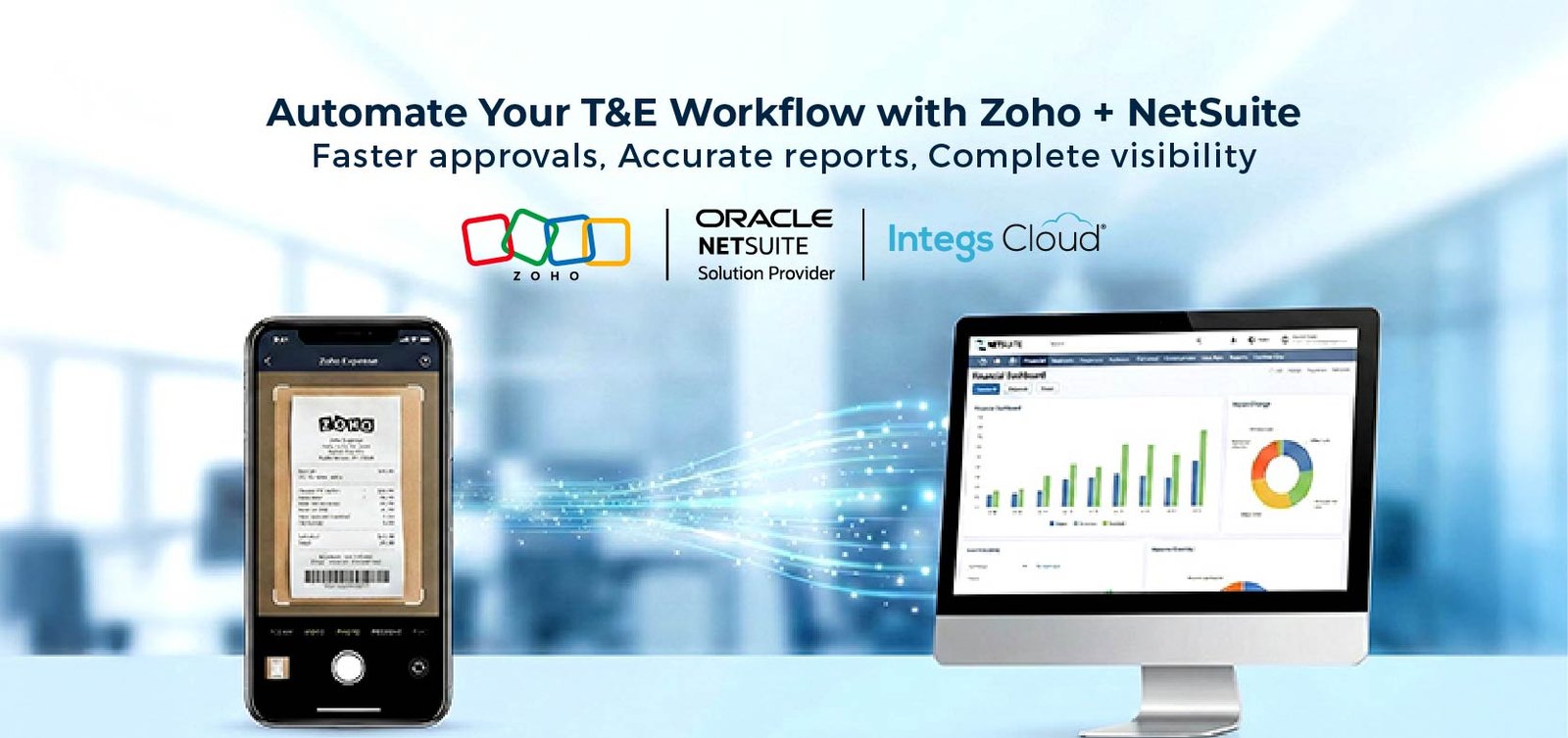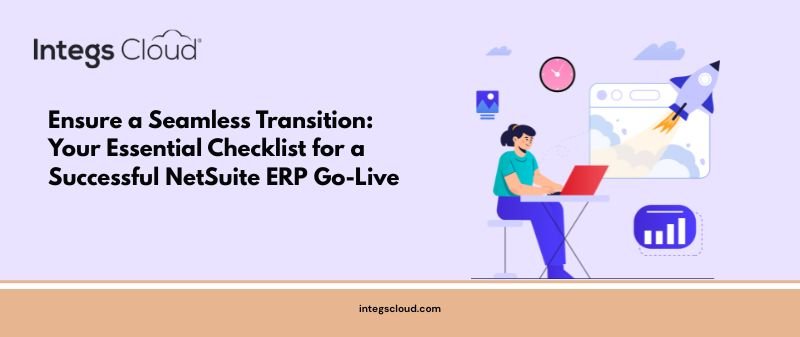Ever noticed how wasteful practices—like excess packaging, energy overuse, or poor supplier choices—go unchecked in the absence of system-wide visibility? When sustainability is managed manually, even small inefficiencies can add up fast.
Today, businesses are expected to be both profitable and environmentally responsible. That’s where ERP systems come in—streamlining operations, cutting waste, and making eco-friendly decisions easier.
Leading this green shift is Oracle NetSuite, a cloud ERP that helps businesses go sustainable without slowing down growth.
Why ERP Is Crucial for Sustainability?
Sustainability in business requires deep visibility into operations—energy usage, resource consumption, emissions, waste, and procurement patterns. Traditional data silos make this nearly impossible. An ERP system brings all critical data under one roof, helping leaders spot inefficiencies, set realistic sustainability goals, and track their progress.
Here’s how ERP supports sustainability:
-
Real-time data tracking: Enables businesses to measure and monitor resource consumption.
-
Automation: Reduces paper-based processes, saving trees and cutting waste.
-
Efficient inventory and supply chain management: Minimizes overproduction, storage waste, and carbon footprint.
-
Better forecasting: Helps avoid unnecessary purchases and reduces stockpiles.
-
Regulatory compliance: Keeps businesses aligned with environmental standards.
NetSuite: A Smart Choice for Sustainable Business
Oracle NetSuite, one of the world’s leading cloud ERP platforms, offers an integrated approach to sustainability. With everything from finance to inventory, procurement to project management in one system, NetSuite helps businesses adopt environmentally conscious practices without adding complexity.
Here’s how NetSuite stands out when it comes to green business practices:
1. Cloud-Native Advantage
By design, Oracle NetSuite operates in the cloud—eliminating the need for physical servers, reducing energy consumption, and offering automatic updates without the overhead of hardware. Cloud computing also enables remote work flexibility, cutting down on carbon emissions associated with daily commutes and office operations.
2. Smarter Supply Chain Planning
Oracle NetSuite’s Supply Chain Management tools offer full visibility into sourcing, production, and distribution. Businesses can optimize delivery routes, reduce freight emissions, and choose suppliers who follow eco-friendly practices. NetSuite also allows for real-time tracking of materials, helping to reduce overordering and cut back on waste.
3. Sustainable Inventory Management
With Inventory Management powered by Oracle NetSuite, companies can reduce excess stock, avoid spoilage (especially for perishable goods), and streamline warehouse operations to be more energy-efficient. Features like demand planning and automatic reordering help maintain optimal stock levels with minimal waste.
4. Paperless Workflows
NetSuite’s automation capabilities allow businesses to go paperless with invoicing, billing, HR documentation, and more. This not only saves physical resources but also enhances operational efficiency. Documents, approvals, and reports can all be managed digitally, saving time and reducing environmental impact.
5. Real-Time Sustainability Metrics
With Oracle NetSuite’s powerful SuiteAnalytics, organizations can create dashboards that track key environmental metrics—like energy usage by department, shipping emissions, or packaging costs. This level of insight makes it easier to align with ESG (Environmental, Social, Governance) goals and prepare accurate sustainability reports.
6. Improved Procurement Practices
Oracle NetSuite’s Procurement module supports vendor comparisons, eco-friendly supplier selection, and automated purchasing. Businesses can enforce green policies when sourcing raw materials and evaluate vendors based on sustainability parameters alongside price and quality.
Case in Point: Real Companies Going Green with NetSuite
Many organizations have turned to NetSuite to not only manage growth but also drive their sustainability efforts.
-
A food manufacturing company reduced waste and emissions by 30% by using NetSuite’s demand forecasting and production planning tools.
-
A global retailer used Oracle NetSuite’s centralized data to shift to biodegradable packaging and measure its supply chain’s carbon output in real-time.
-
An electronics firm leveraged NetSuite to adopt circular economy practices—tracking returns, refurbishments, and recycling rates through its ERP dashboard.
Why This Matters Now More Than Ever
Global attention is now sharply focused on climate change, resource scarcity, and ethical business conduct. Investors, customers, and even employees prefer companies that show responsibility toward the planet. Governments, too, are introducing stricter sustainability regulations and offering incentives for green practices.
Businesses that ignore this shift risk falling behind—not just in public perception but also in operational efficiency and compliance. An ERP like Oracle NetSuite not only ensures your business is running efficiently but also that it’s moving in step with global sustainability goals.
Final Thoughts
Sustainability isn’t just about planting trees or switching to recyclable materials—it’s about rethinking how a business operates at its core. ERP systems like Oracle NetSuite make it possible to bake sustainability into every level of operations—from supply chain to sales, from HR to finance.
Contact Integs Cloud
If your business is aiming for greener practices while maintaining performance and profitability, NetSuite offers the tools to make that transition seamless.
At Integs Cloud, we help businesses implement and optimize Oracle NetSuite with a strong focus on sustainability goals. Whether you’re starting fresh or looking to revamp existing systems, our team is ready to support your green transformation.




